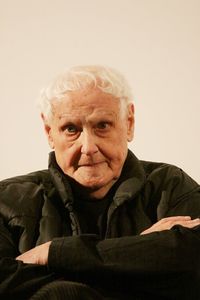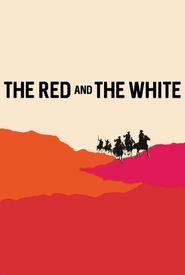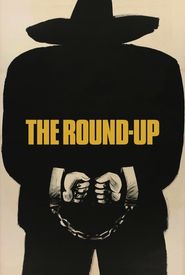Miklós Jancsó, a celebrated Hungarian filmmaker and screenwriter, entered the world on September 27, 1921, and his remarkable journey came to a close on January 31, 2014. Throughout his illustrious career, which spanned an impressive period of over four decades, he garnered widespread international acclaim for his unique and innovative approach to filmmaking.
Noted Hungarian film director, Jancsó, is renowned for his distinctive cinematic style, which is marked by an extraordinary attention to visual detail, meticulously crafted shot sequences, and an impressive ability to sustain long takes. His body of work is replete with films set in rural environments, often during periods of historical significance, and his narratives frequently delve into the themes of power abuse, oppression, and the struggle for freedom. While some critics interpret his films as allegorical commentaries on Hungary's tumultuous past, including its experiences under Communist rule and Soviet occupation, others argue that his themes possess a timeless and universal quality, transcending cultural and historical boundaries.
Jancsó's illustrious career was marked by a plethora of accolades and nominations for his exceptional work in the film industry.
He received a total of five nominations for the prestigious Best Director Award at the renowned Cannes Film Festival, with a notable win for his masterpiece, Red Psalm, in the year 1972.
In addition to his numerous accolades, Jancsó was awarded the esteemed Kossuth Prize in Hungary in 1973, a testament to his outstanding contributions to the world of cinema.
Furthermore, he was honored with awards for his life's work at the Cannes Film Festival in 1979 and the Venice Film Festival in 1990, a remarkable achievement that underscores his enduring impact on the film industry.
Jancsó's singular cinematic vision and pervasive thematic concerns have solidified his position as one of the most revered and iconic Hungarian filmmakers in the annals of cinematic history. His profound and lasting impact on the art of filmmaking has garnered widespread recognition and admiration from aficionados and scholars of the medium, ensuring his legacy as a master of the craft.























